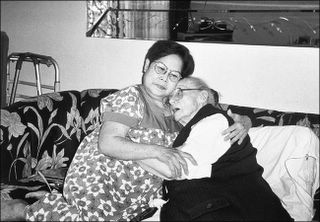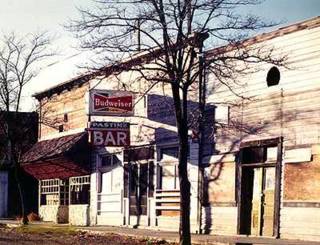What Is The South?
What is the South?
When I moved to
However, I’ve learned that most things in the South are not that simple.
Not long after I came here I established a group of friends who were born and bred in the South, and my closeness to them belied my lack of tenure. One fair summer afternoon a few of those friends and I set out for a meeting in
We located a restaurant set back on a tributary road. The place spoke eloquently of what a small café in the South should be. There was a long counter with red padded circular seats on columns of chrome. A mirror extending along one wall reflected the four of us hunching over our plates.
One of us picked up a copy of the local newspaper and read aloud the lead from a story. There had been a racially oriented dustup in
“Yeah,” I said, “but you know, down here I haven’t found race relations to be all that bad. Up in
He looked at me as if I were hopelessly ignorant, “Well friend,
I reflected on that for a moment, but knowing I’d traveled further a field than just
“Sort of,” he said in a patronizing tone, “but
“Further south, like
“No,” he objected, “
He paused for a long moment and then reconsidered, “Well, that’s not entirely true.
Now I was hopelessly confused, but being among friends I wanted to get it straight, “So in
“Yes,” he said, “That’s pretty much it.”
It was tough going, but I felt I was making progress. “So
“Mostly,” he said, “but
Just then his voice lifted in a quizzical way, “As for
He knew I was Catholic, and I knew he was pulling my chain, but I rose to the bait. “How about Scarlett O’Hara?” I protested, “She was Catholic.”
“Yeah, right” he replied, “and Mickey Mouse is a Baptist.”
We left the subject there. I had learned a little, and what I didn’t comprehend would have to remain a mystery. The important point was that
The vagaries of that concept were too subtle for someone from
I didn’t expect that the fine points of that discussion would ever come in handy, and for a long while they didn’t. Then, a few weeks ago, I
As I turned the corner on
“Yes,” she said, bending low against the wind, “All my life I wanted to live in the South, but somehow I wound up in
Assuming the air of someone who shared with her a secret understanding I said, “Yes ma’am, I know exactly what you mean.”







